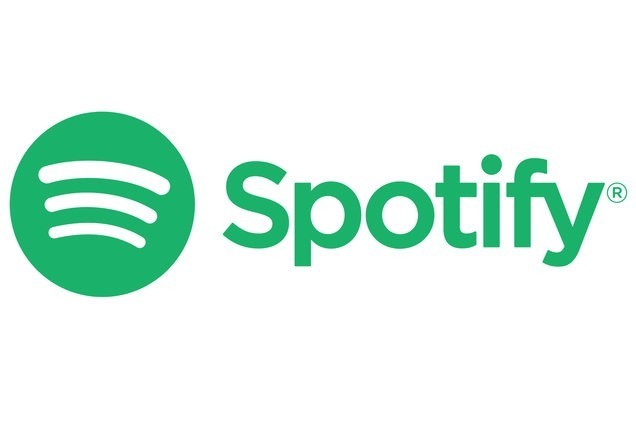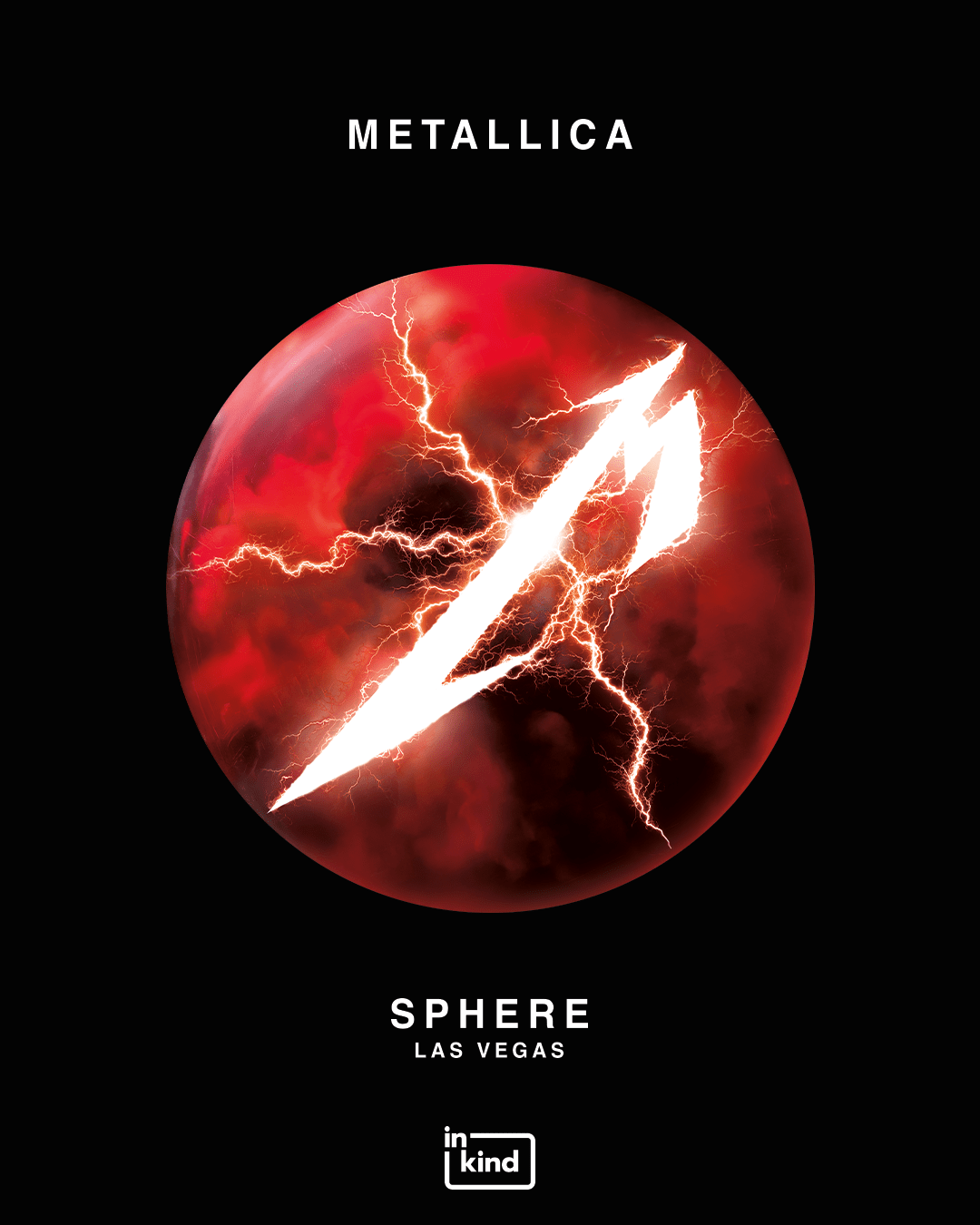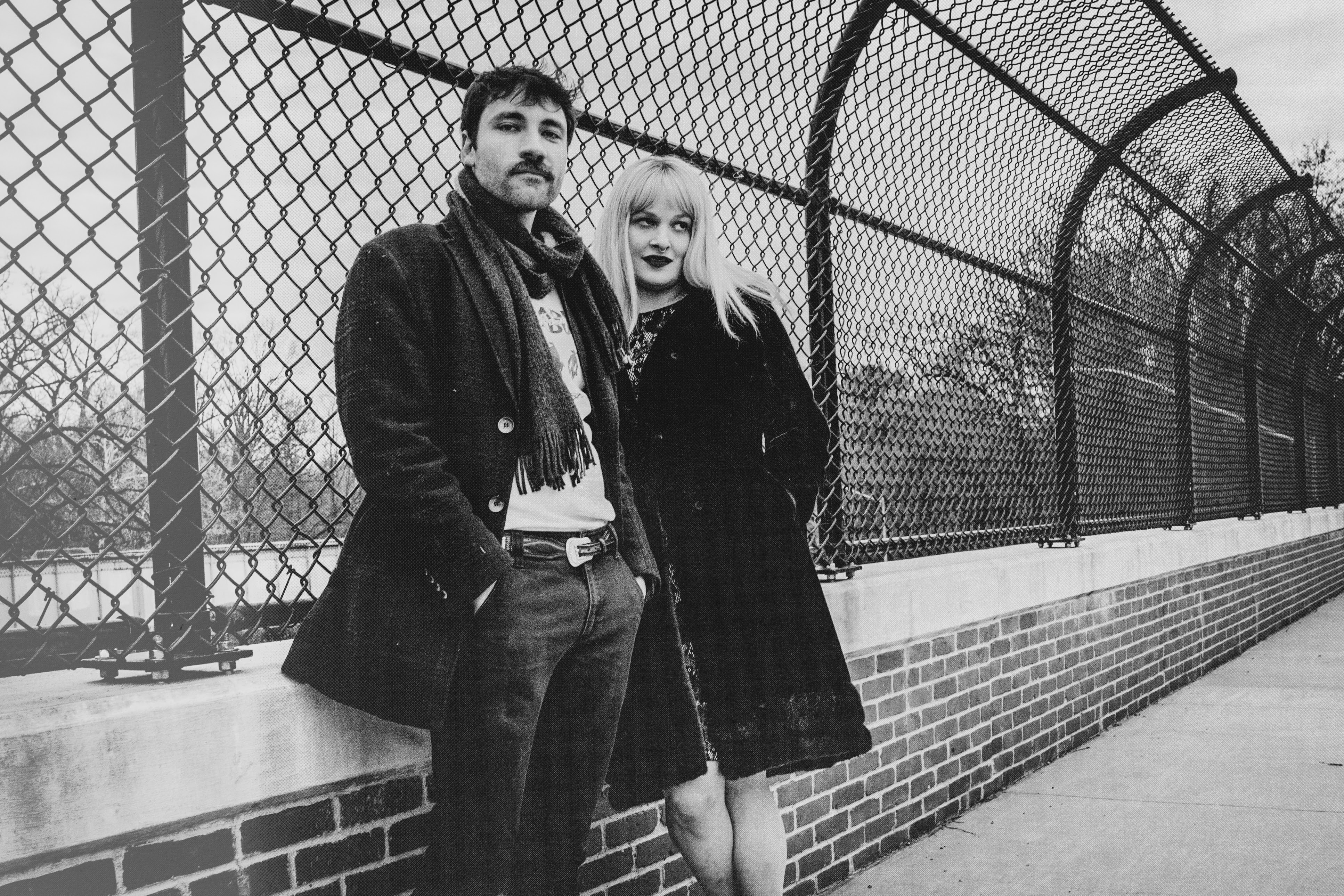Spotify says it has removed an array of white-supremacist acts from its streaming service that had been flagged as racist "hate bands" by the Southern Poverty Law Center three years ago.
The move came after Digital Music News posted a story headlined "I Just Found 27 White Supremacist Hate bands On Spotify," bringing the content to Spotify's attention.
A Spotify spokeswoman told Billboard in a statement that while the music in its catalog comes from hundreds of thousands of record companies and aggregators all over the world, and those are "at first hand responsible" for the content they deliver, "illegal content or material that favors hatred or incites violence against race, religion, sexuality or the like is not tolerated by us."
"Spotify takes immediate action to remove any such material as soon as it has been brought to our attention. We are glad to have been alerted to this content - and have already removed many of the bands identified today, whilst urgently reviewing the remainder," she said in the statement.
Spotify, which counts tens of millions of tracks, is also reviewing the possibility of blocking this type of content from future music recommendations, while pushing a new playlist called Patriotic Passion that includes a Jimi Hendrix rendition of the Star Spangled Banner, Lady Gaga's "Americano," and Khalid's "American Teen."
"It's a soundtrack to an America worth fighting for," the spokeswoman said in a separate statement.
In trying to keep hate music off their services, Spotify and other music-streaming companies face a tricky task in determining what to remove and what to protect from their vast libraries in the interest of free speech. Deciding whether such content is legal is difficult given the range of laws in different markets, and the task requires careful listening, given the often coded racist slang used in such tunes. There's also a fear of bringing more attention to hate bands by making them into a legal issue, experts say. Deezer last year launched a site where users could report hate music and help it clean up questionable songs.
Most of the groups listed by Digital Music News had tiny followings and listen counts, but the site's Paul Resnikoff wrote that "in the wake of violent clashes in Charlottesville and an increasingly vocal, post-Trump white supremacy voice, the presence of white supremacy music on Spotify takes on a different light."
Resnikoff also pointed out that thanks to digital music services' increasingly sophisticated recommendation engines, it "was pretty easy to find hate-oriented groups simply by referencing similar artists on Spotify itself."






